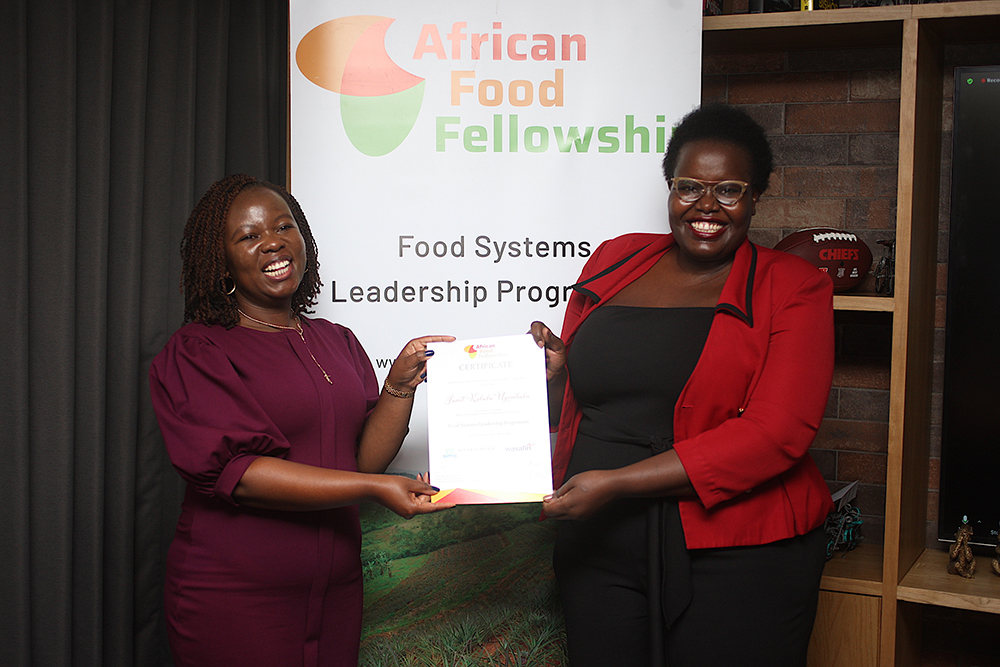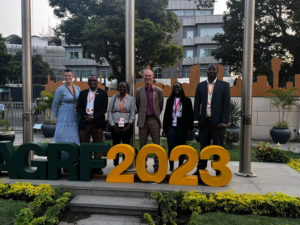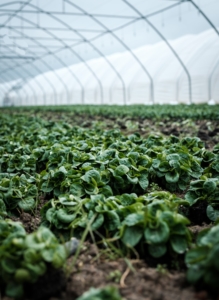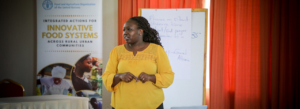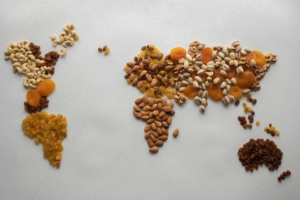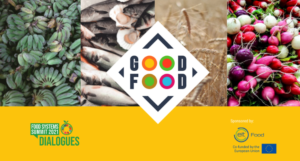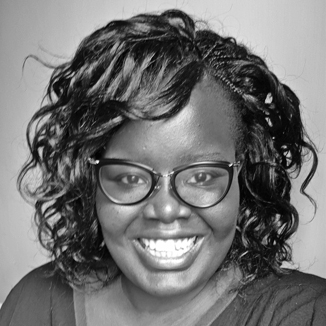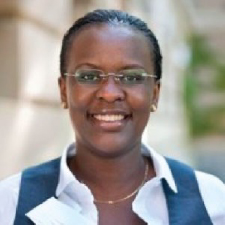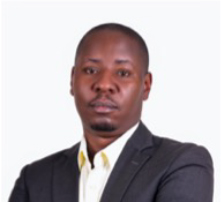African Food Fellowship offers essential platform for food systems leaders to discuss regional food crisis
African Food Fellowship offers essential platform for food systems leaders to discuss regional food crisis

Latest posts
Share:
The first Kenya cohort to come out of the African Food Fellowship’s food systems leadership programme will this year hold a series of dialogues to exchange and amplify ideas around the biggest food systems issues of the day.
Recognising the current profound uncertainty and insecurity across food systems globally and in the region, the fellows zeroed in on coming together to examine the impacts of the food crisis and how this was being experienced across East Africa as well as discussing the various ways that are emerging of responding to this crisis.
The inaugural dialogue was held virtually on 24 June 2022 and was off to a promising start with an encouraging turnout, reinforcing the commitment of the pioneering cohort; ever at the forefront of food systems transformation discourse.
The session’s primary objective was met; to have the fellows draw from their respective work and share practical and timely insights and ideas to inform their food systems leadership in the context of the regional food crisis, and how they can apply them in their capacity as food systems leaders.
“The session was insightful and highlighted the importance of shifting focus to ourselves by first being a food-secure country through homegrown solutions,” said Horticulture Fellow Tele Boit.
The Fellowship’s knowledge agenda lead Herman Brouwer was also in attendance, shared recent research co-authored by Wageningen University and Research (WUR) on the impacts of the Ukraine war on food security in vulnerable countries and into likely scenarios and outcomes of the crisis.
These dialogues will facilitate knowledge building and sharing, allowing Fellows to
inform the ‘Transform Food Kenya’ festival, slated for later in the year. This national event will offer an important forum for leaders to come together for more effective, collective action to tackle the crisis.
The next dialogue is scheduled for August.
The food systems leadership programme is a flagship programme of the African Food Fellowship, an initiative facilitated by the Wageningen University & Research and Wasafiri Consulting & Institute, with support from IKEA Foundation.
Learn more by subscribing to the African Food Fellowship social media pages:
Photo courtesy of Wageningen Centre for Development Innovation




